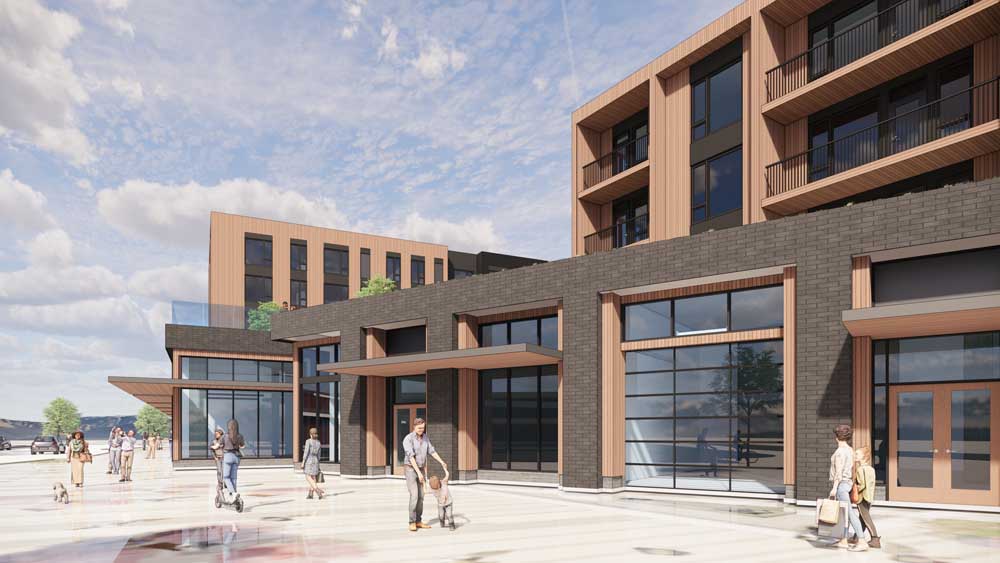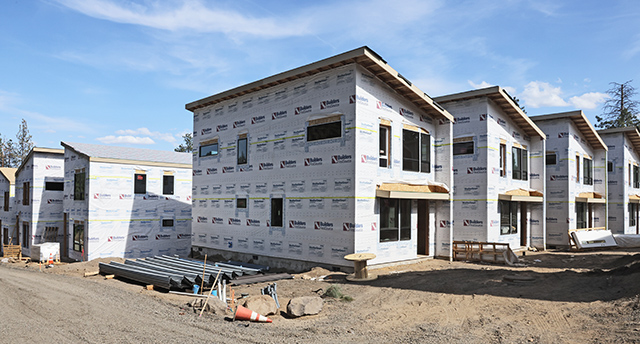Fundraising walk benefits ALS
Published 5:00 am Sunday, September 9, 2012
An estimated 500 Central Oregonians turned out to Riverbend Park on Saturday for a fundraising walk to support people with ALS, or Lou Gehrig’s Disease.
Saturday’s head count, interestingly, was nearly identical to the number of people living with ALS in Oregon and southwest Washington, according to Aubrey McCauley with the ALS Association.
The numbers, McCauley said, tell only part of the story. Because ALS is a fast-acting disease, a newly diagnosed patient will ordinarily live only another two to four years. Multiple sclerosis is diagnosed at the same rate as ALS, McCauley said, but its survival rates are much better — Oregon and southwest Washington are home to an estimated 7,000 MS patients.
ALS, or amyotrophic lateral sclerosis, is a progressive neurodegenerative disease that affects nerve cells in the brain and the spinal cord, according to the ALS Association website.
Participants at Saturday’s event collected pledges for their walk of a two-mile loop up and down the Deschutes River, with the proceeds going to ALS research and support for ALS patients and their families. McCauley said the walk should raise approximately $50,000.
Saturday’s walk featured several large teams, organized to walk in tribute to particular individuals lost to ALS. Eberhard’s Dairy of Redmond put together one of the larger teams, in recognition of Ted Eberhard, who succumbed to ALS last year.
For Kim Eberhard, whose husband Mark was Ted’s cousin, Ted’s decline and death was like watching ALS take her grandmother all over again. Though some things have improved over the last 30 years — patients can now use computers that track their eye movements and allow them to “speak” electronically — the steady disintegration of those with ALS remains much the same, Kim said.
“It’s been a constant theme in my life for a long period of time.”
Ted Eberhard’s death was the second brush with ALS for Lisa Jackson as well. Jackson is the wife of the plant manager at the dairy, and her mother died of ALS 18 years ago, but until Ted Eberhard’s diagnosis six years ago, she’d never known another ALS patient.
Events like the walk help the families of ALS patients a great deal, Jackson said, giving them a place to connect with people with shared experiences and information about resources available to the families.
“It’s just amazing how much knowledge there is now,” she said. “When my mother was diagnosed 18 years ago, you couldn’t find anything.”
Kim Eberhard said it’s frustrating that even 30 years after her grandmother’s diagnosis, ALS patients face the same grim prognosis as the disease chips away at their ability to communicate and care for themselves.
“They become prisoners in their own bodies, and their minds are still alert and full,” Kim said. “It’s terrible.”







